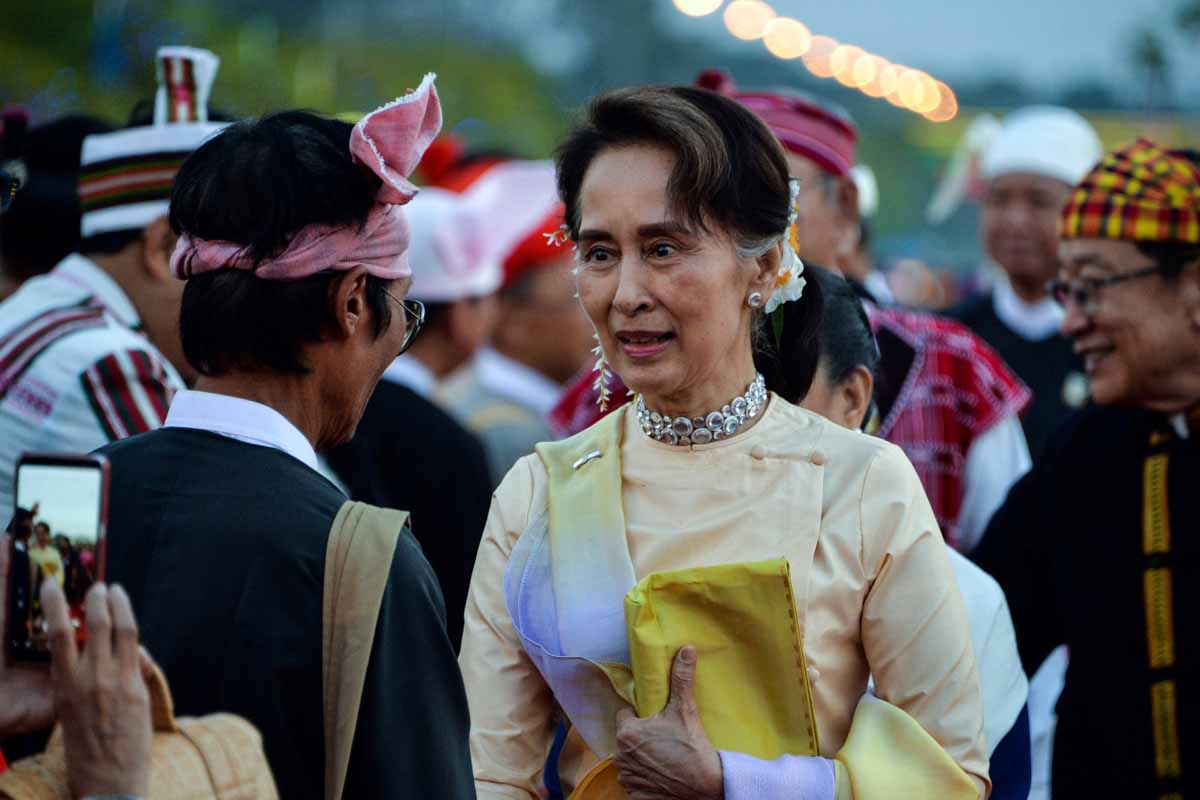When Aung San Suu Kyi and her National League of Democracy (NLD) party won the general elections in 2015, a new wave of hope swept Myanmar. Previously under a military junta for almost 50 years from 1962 to 2011, Nobel Peace Prize winner Suu Kyi and her cohort represented the change the country so badly needed; a shift from military dictatorship to a functioning democracy.
Throughout the election campaign, Suu Kyi and the NLD promised bold political reforms that would transform the country. This resulted in an overwhelming majority at the polls, with the NLD gaining 83 percent of seats and Suu Kyi was made de facto leader with the title of State Counsellor as well as holding several ministerial positions.
Fast forward three years, and the optimism following Suu Kyi’s victory has quickly faded. The promise of a new Myanmar has yet to arrive, instead, current day “democratic’ Myanmar is sadly reminiscent of its military past. Last week, the United Nations (UN) Special Rapporteur on human rights in Myanmar, Yanghee Lee described the current “democratic space” in the country as “fragile”.
Journalists targeted
The eroding of democratic rights in Myanmar is clearly seen in the case of Wa Lone and Kyaw Soe Oo, the two Reuters journalists that were recently sentenced to seven years in jail each for violating the State Secrets Act, a charge many have claimed to be trumped up to silence journalists.
“I am greatly concerned that the enduring repressive environment is discouraging people from speaking out freely about human rights violations and injustices”, Yanghee Lee said.
While the case of the Reuters journalists may be the most memorable one so far, it is not the first time that journalists have been targeted. In 2017, three Myanmar journalists were arrested after reporting on a drug-burning ceremony. According to international media, the journalists were charged with unlawful association, a law used against supporters of Myanmar's many ethnic armed organisations who are fighting for autonomy in border areas.
In July, investigative journalist Swe Win was arrested at Yangon's international airport for making a comment on Facebook criticising a nationalist monk. He was then charged under the infamous 66(d) statute, which covers online defamation.
Source: Various
There is also the persecution of the Rohingya Muslims.
The government crackdown on the Rohingya in 2017 has led to over 700,000 of them fleeing from Rakhine state. The persecution of the Rohingya has also garnered international backlash on the current government. So much so that there have been growing calls to strip Suu Kyi of her Nobel Peace Prize. The UN has also said that the actions of the military or Tatmadaw on the Rohingya merits prosecution for genocide.
Right now, another conflict has surfaced in Rakhine state. Earlier this month, the Arakan Army (AA), a majority Buddhist militant group fighting for autonomy for the Rakhine, killed 13 people and wounded nine others in raids on police border posts. In response, the Myanmar army began a crackdown in certain areas of Rakhine state.
Bleak future
The situation in Myanmar at the moment is bleak. Many have pinned the blame on Suu Kyi for not living up to their expectations. While a lot of the criticisms directed at her may be valid, many are not aware of the grip that the military still has on the Myanmar government.
The Tatmadaw is an independent body as laid out in the constitution and it does not answer to the government but instead answers only to the National Defence and Security Council whose members include many military veterans.
Furthermore, the Tatmadaw is guaranteed 25 percent of parliamentary seats under the constitution of Myanmar. If the NLD wants to implement any constitutional changes, it would need more than a 75 percent majority. This means that any effective change requires some approval from the army and it is unlikely that it would approve of any changes that would limit its powers.
This is not to completely excuse the NLD. Publicly, Suu Kyi has denied or remains silent on the government’s role in the persecution of the Rohingya. The NLD’s efforts at peace-making and reconciliation to end the various ethnic conflicts in the country have also failed. The government’s inability to deal with the ethnic conflict holistically will most likely prevent Myanmar from becoming a full-fledged democracy in the near future.
Related articles:
Rise of Arakan Army spells trouble for Myanmar
